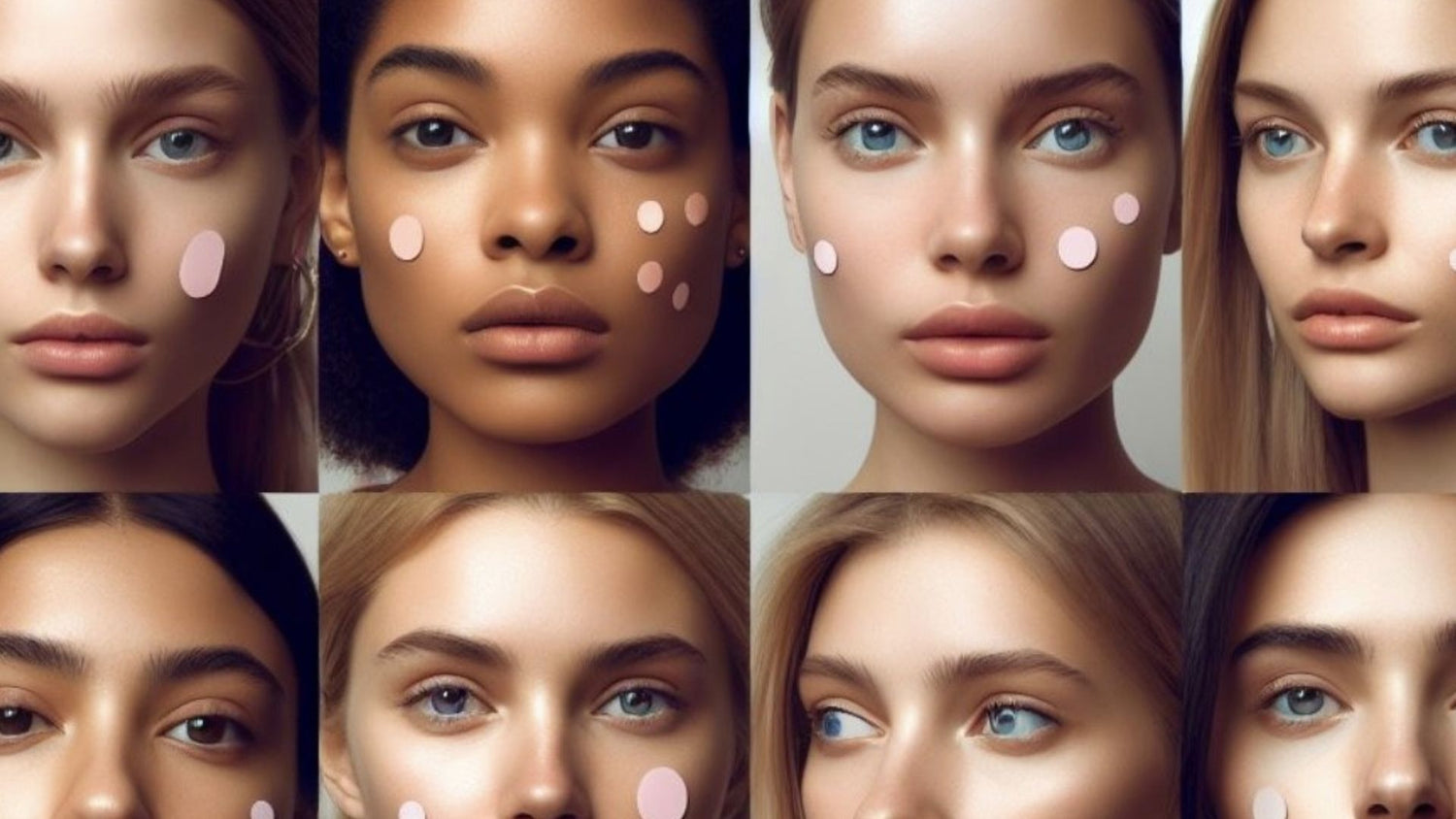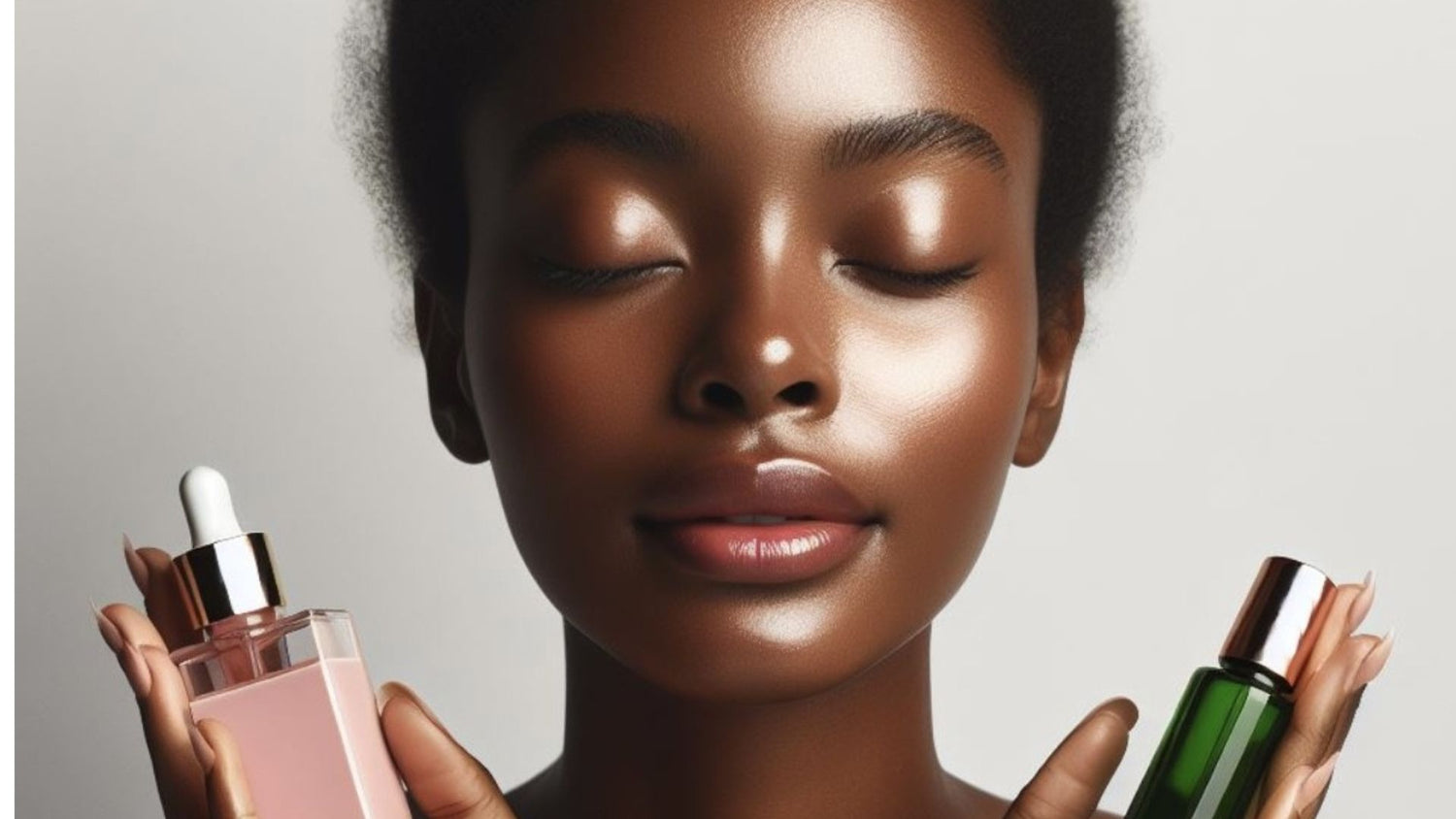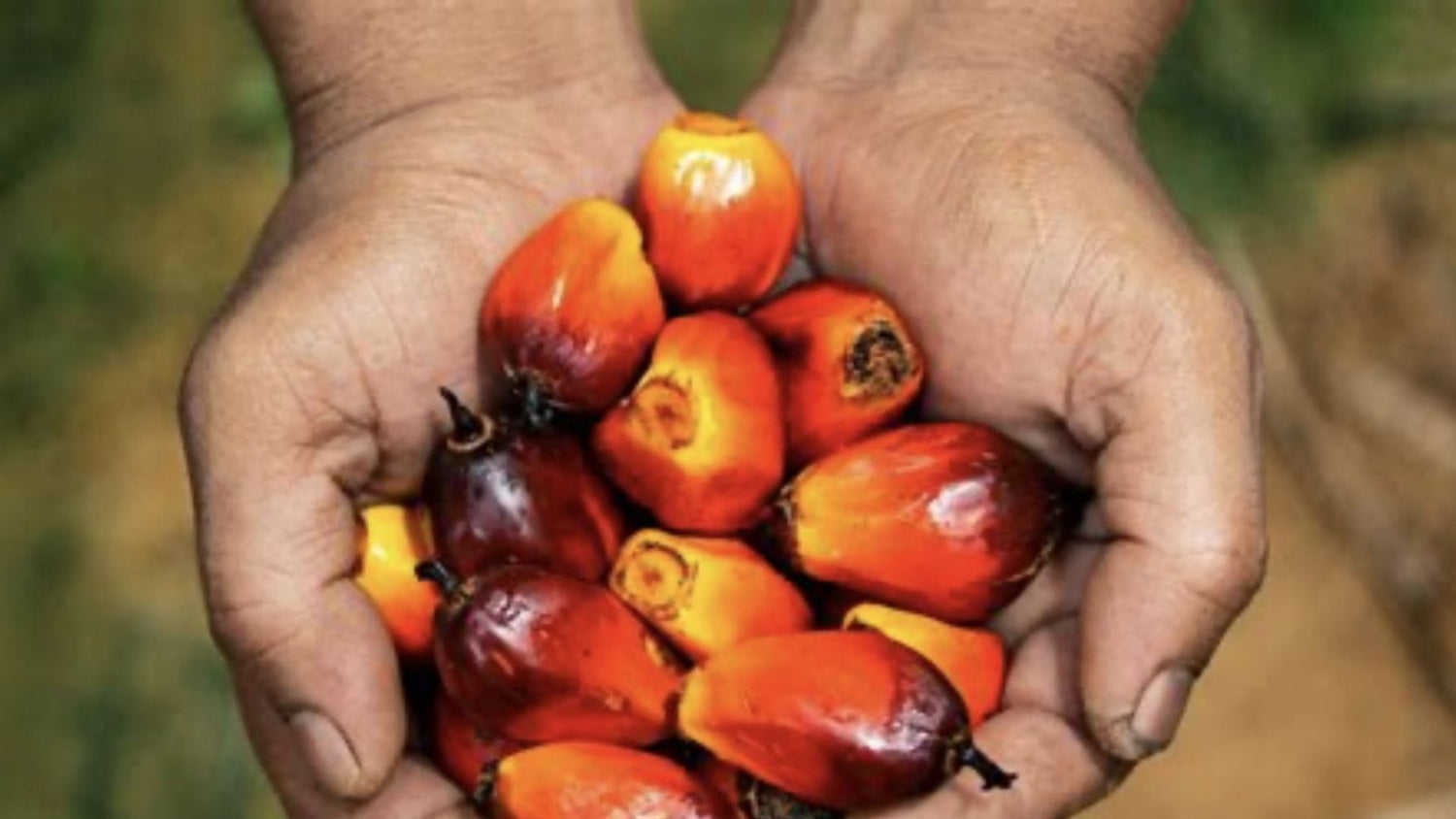latimes.com
BEAUTY
Weird ingredients in hair products
Do beer, hemp and placenta really help hair? We ask two cosmetic chemists.
By Alene Dawson
October 25, 2009
Hair products are no exception to this somewhat creepy phenomenon. Consumers hoping for a hair miracle are willing to pay extra for deep conditioners and conditioning “treatments” that promise an enviable crowning glory — even when they contain rather odd-seeming ingredients such as placenta, caviar and hemp. Pushing the limits, Hari’s, a well-known “celebrity” salon in London that claims clients including the Rolling Stones and Margaret Trudeau, had the beauty world abuzz earlier this year with owner Hari Salem’s Aberdeen Organic bull sperm treatment. The promise was that the protein in the treatment (called “Viagra for Hair” on Hari’s website) would repair, restore and brighten hair.
But is there really any reason to go for such exotic treatments?
“Not necessarily,” says Jim Hammer, a cosmetic chemist at Pharmasol Labs. “They may be quite effective, but as always there is more than one way to skin the proverbial cat, so to speak.”
For instance, he says that conventional ingredients such as wheat or rice protein, combined with hydrating oils, are likely to perform as well as products such as bull semen or beer, but acknowledges, “Wheat protein certainly sounds boring when compared with these other more unusual, even taboo, options.”
Hammer and Ron Robinson, a cosmetic chemist and founder of BeautyStat.com, have both been beauty experts for Allure magazine and other outlets. Below, they hack through the hyperbole and hype to share thoughts on some of the unusual ingredients, including which work and why.
Hask Henna ‘n’ Placenta Conditioning Treatment
Company executive David Miller says that Hask Placenta products use bovine placenta. Some companies also use sheep and pig placenta in their beauty products. Hask claims that its Henna ‘n’ Placenta Conditioning Treatment repairs and strengthens dry, brittle, lifeless hair. Biology refresher: The placenta is the organ that connects a developing fetus to the uterine wall via the umbilical cord.
“It acts like a trading post where nutrients are transferred from the mother to the fetus,” says Robinson. “Because of its function, placentas are rich in nutrients such as vitamins, minerals and proteins.” Robinson’s assessment? “Given placenta’s rich nutrient content, it may indeed help to strengthen and repair dry, brittle, lifeless hair.”
Cost: About $3 for each 2-ounce packet
Available at: Sally Beauty Supply and various other beauty supply outlets.
Alterna Caviar Anti Aging Seasilk Moisture Conditioner
A rich idea, but does it work? Caviar is used in many beauty products. “It’s one of the world’s richest sources of omega-3 fatty acids,” says Lisa Hoffman, Alterna’s director of marketing and product development. “It has a similar cellular format to that of human skin, helping increase hair’s elasticity and improve the health of the scalp. It’s deeply moisturizing and repairs dry, brittle hair like nothing else.”
Robinson notes that “some beauty companies may include an ingredient that’s trendy, but it’s the other ingredients in the formula that are actually doing the heavy lifting.”
But he says caviar contains hair-friendly ingredients including calcium, phosphorus, protein, selenium, iron, magnesium and vitamins B12, B6, B2, B44, C, A and D. Caviar also has amino and essential amino acids and is rich in omega-3s. After looking at the product’s entire ingredient list Robinson concluded that the Alterna conditioner does “contain a blend of lipids that could work to hydrate while protecting it from daily stresses and damage. And the omega-3 fatty acids in the caviar would also help to hydrate.”
Cost: About $35 for an 8.5-ounce bottle
Available at: Select salons and retailers. For more information, go to www.alternahaircare.com.
Nature’s Gate Hemp Nourishing Conditioner for Dry or Frizzy Hair
Founding fathers George Washington, Benjamin Franklin and Thomas Jefferson were all said to have grown hemp, and the crop has been used in a wide variety of products including clothing, paper, rope, fuel and even tortillas and vinaigrette. Hempseed oil, an ingredient in the Nature’s Gate conditioner, is pressed from the seed.
Laura Setzfand, vice president of marketing for Nature’s Gate, says that hempseed oil “contains high levels of amino acids, vitamin E and other nutrients vital to keratin formation, the principal protein responsible for the structural integrity of hair.” She credits its protein for enhancing elasticity, volume and shine. For Hammer, the benefits are all about the fat: “Hempseed oil is rich in fatty acids and oil-soluble antioxidant vitamins. The fatty acids in natural oils, like hemp, act as emollients and moisturizers. They prevent hair from drying out, and help to eliminate frizziness.”
And for those who might be wondering: Although THC is an active ingredient, the levels in cosmetic products such as Nature’s Gate are too low to cause positive urine tests for marijuana, Hammer says.
Cost: $6.29 for an 18-ounce bottle
Available at: Whole Foods Market, www.natures-gate.com.
Hop Beer Hair Conditioner
The South Korean company Skinfood is one of many companies that use beer in their hair products. In fact, “Beer actually enjoys a long history of use in hair conditioners and rinses,” says Hammer. “Anyone who was around in the 1970s will no doubt remember the Body on Tap hair products.”
Skinfood’s retail marketing executive, Constance Goh, says that the conditioner “prevents hair loss by strengthening the scalp and hair, providing elasticity and strength to thin and weak hair making hair roots healthy.”
So what’s the verdict? “Beer is rich in proteins and complex carbohydrates,” Hammer says. “Carbohydrates have a hydrating effect on the hair, and protein helps to coat the hair, giving it more strength and flexibility, producing great shine.” But does it prevent hair loss? “Only in the sense that it prevents damage and breaking,” Hammer says.
Cost: $20 for an 8-ounce bottle
Available at: www.skinfood.sg/beta/
ApHogee Two-Step Protein Treatment and John Frieda Sheer Blonde Color Renew Tone-Restoring Conditioner
After poring over ingredient lists looking for odd contents, we realized there were at least a couple of more common ingredients that made us a teensy bit uneasy too. ApHogee lists dimethylol urea; the John Frieda conditioner lists diazolidinyl urea.
So here’s the scary question: Is “urea” what we think it is?
Not exactly.
“Urea is a water- soluble organic compound,” says Robinson.
“It is found naturally in the body and is excreted in the urine of humans (as well as other mammals).” It was also the first organic chemical compound ever synthesized. “The urea referenced in the two formulas functions merely as preservatives,” Robinson says. “And it’s synthetic urea.”
I breathe a sign of relief. In the world of “alternative beauty products,” there are several boundaries I’m happy not to push.
Cost: ApHogee Two-Step Protein Treatment is about $21 for a 16-ounce bottle
Available at: Sally Beauty Supply
Cost: John Frieda Sheer Blonde is about $9 for a 9.3-ounce bottle
Available at: Target, Ulta, drugstore.com and various chain drugstores.



